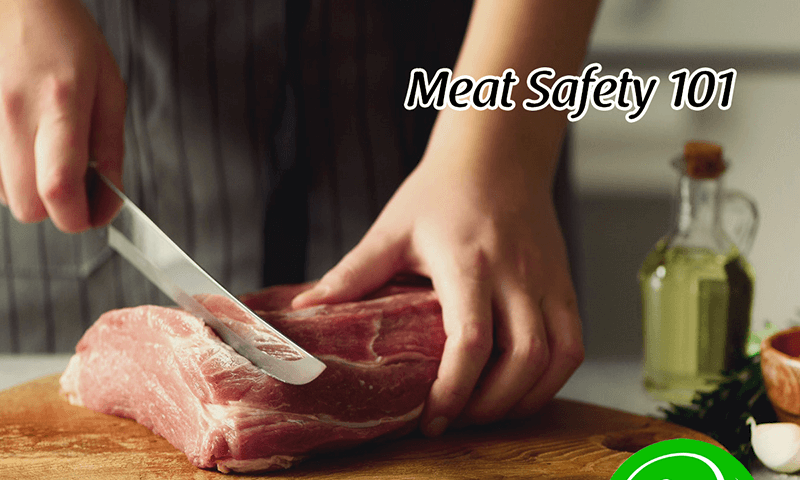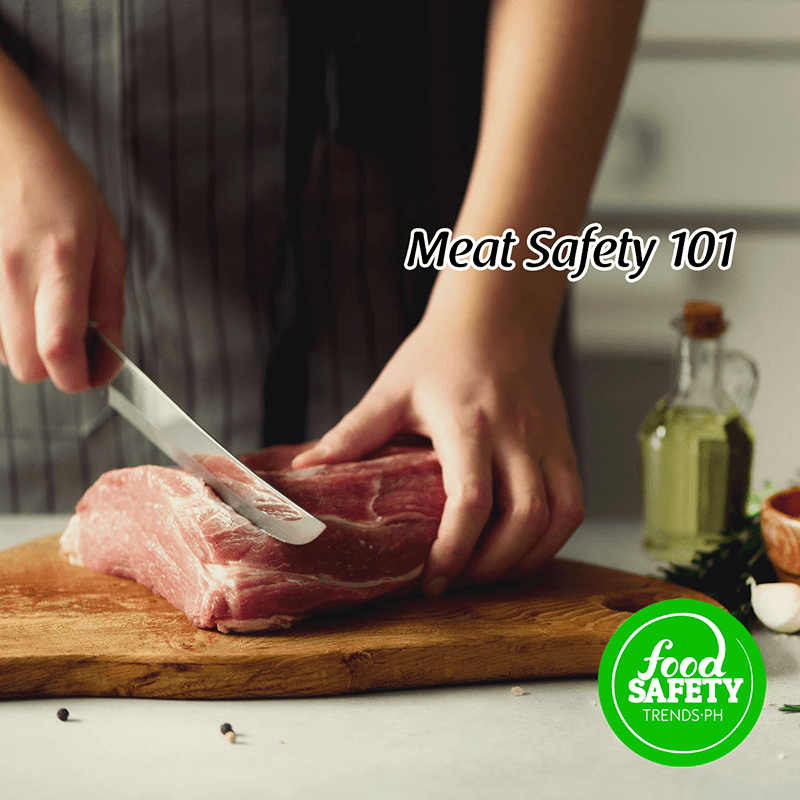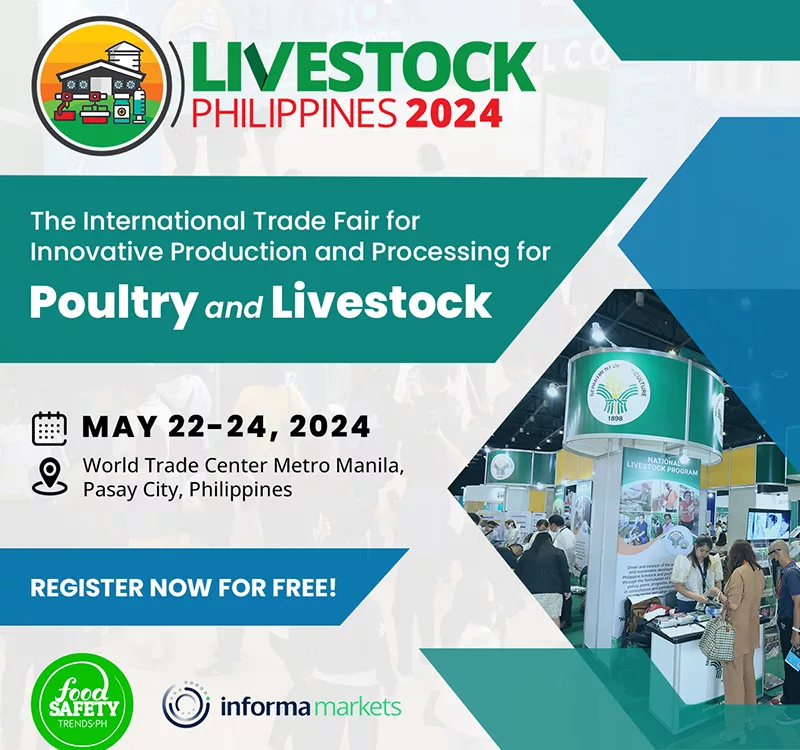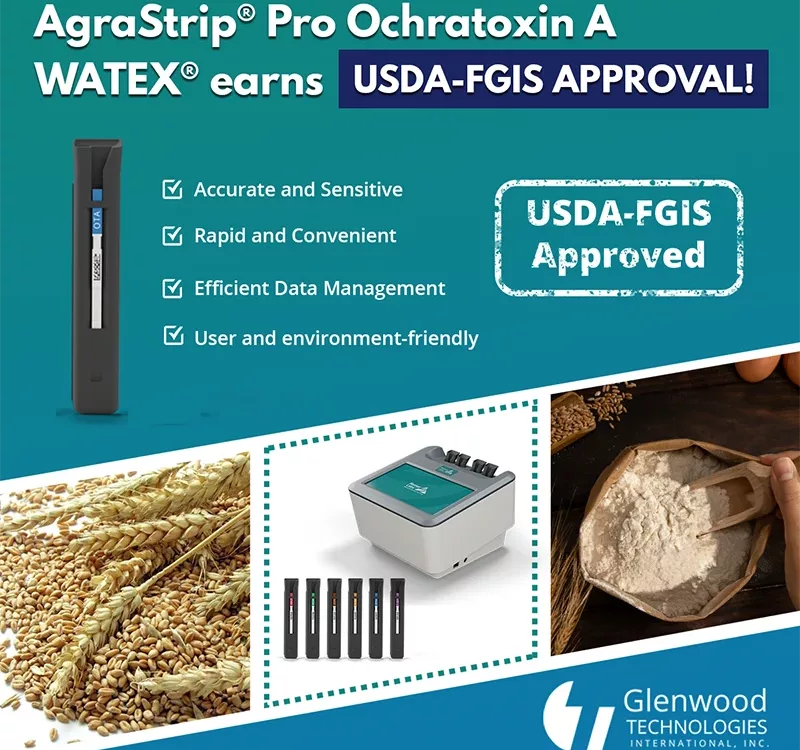Meat Safety 101
Published by
Glenwood Technologies International
at
Meat can be a source of protein – an important nutrient in one’s diet, but it can also be an environment for bacterial growth. It is crucial to handle and store all types of meat safely. Keep harmful bacteria at bay and your family safe by following these food safety tips:
1. Always buy fresh meat at your trusted store. Meat should be stored at a safe temperature. Avoid buying warm meat or any meat that is dark brown or discolored, has a strong odor, and that feels slimy to touch.
2. Wash your hands thoroughly with warm water and soap before and after handling raw meat. Cutting boards, dishes, utensils, and countertops that come in contact with meat should be cleaned as well.
3. Avoid cross-contamination. Use separate cutting boards and utensils for raw meat. Place raw meat in sealed containers or sealable plastic bags to prevent juices from dripping onto other foods.
4. Never taste uncooked marinade or sauce that was used on raw meat. Boil marinades used on raw meat before applying on cooked foods.
5. Cook raw meat to safe internal temperatures. Use a clean food thermometer to check the internal temperature of these foods. Beef, pork, veal, and lamb roasts, steaks, and chops should be cooked to at least 63 °C, while ground beef, veal, lamb, and pork at 71 °C.
Glenwood Technologies International
Since its establishment in 1995, Glenwood Technologies International, Inc. has been the leader in exclusive distribution of premium rapid diagnostics and hygiene monitoring kits from trusted manufacturers worldwide, providing quality and technologically advanced products to meet the emerging needs for food and feed safety, among others.







